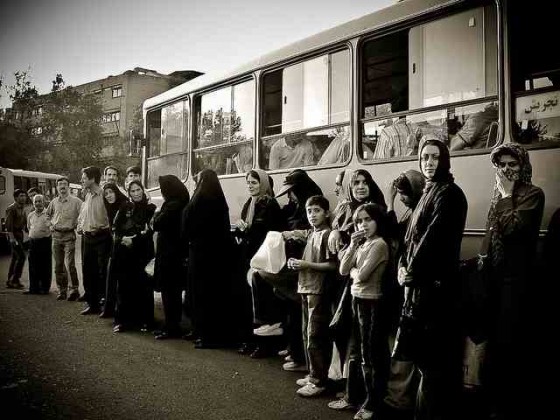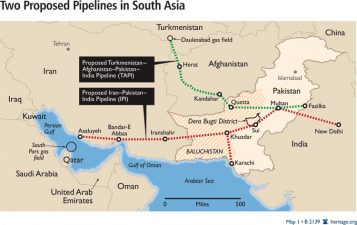A new round of sanctions that further isolate Iran financially and politically is likely to bolster nuclear ambitions and keep pollution levels high.
Iran has been slapped with a new round of sanctions following a report from the United Nations International Atomic Energy Agency (IAEA), which concluded that the regime is developing nuclear weapons. This move was so incendiary for the already financially and politically isolated country that they expelled the United Kingdom’s diplomatic team and yesterday hundreds of angry students stormed the British embassy in Tehran.
Although considered the best approach by the UK, U.S., and possibly the EU, to date these economic sanctions have done nothing but strengthen the Islamic Revolutionary Guard Corps’ (IRGC) influence and overall determination to see its nuclear program – innocent or not – gain ground. Meanwhile, air quality in one of the world’s most polluted cities continues to decrease as sanctions cripple imports of fuel and technology that can reduce harmful emissions.
On board the sanction wagon
On July 1, 2010, President Obama signed into law the Comprehensive Iran Sanctions, Accountability, and Divestment Act of 2010 (CISADA), which specifically targets Iran’s energy sector, banking industry, and IRGC activity, according to IranTracker. Recently those sanctions have been tightened, making it virtually impossible for Iranian banks to do business with western financial institutions, shutting down shipping lines, minimizing the import and export of certain goods, and ending oil and gas exports to western countries.
Other western countries including Canada and the UK have followed suit.
Smog
A main driver of its economy, oil sales are expected to fall by 800,000 gallons per day by 2016 – a 20% decline. While this bodes well for the environment since less fuel is being extracted and burned, the same sanctions encourage the production of lower quality, homegrown fuels that have a higher sulfur content.
The use of catalytic converters is becoming somewhat more common, thereby reducing carbon emissions, as local companies begin to develop them after sanctions prevented the import of foreign-made converters, but most of the cars operating in Iran are more than 20 years old. The pollution has reached such critical levels that the World Health Organization announced it as one of the most polluted cities in the world.
Last December, WSJ reported that more than 2,500 people died after a particularly sinister bout of pollution gripped Tehran. The government is aware of the problem. The World Resources Institute unveiled a government plan to collect old cars off the road and compensate their owners so that they can purchase a newer, less polluting vehicle.
Iran on the defensive
In the meantime, Iran is unwilling to cede defeat to the West and continues to find increasingly dangerous ways around sanctions. India has no qualms with importing oil from Iran, nor does China or Turkey, which according to Bloomberg receives half of its oil from the country. Russia, meanwhile, is said to be facilitating economic exchanges that are now impossible through the rest of Europe.
Also, instead of reducing the IRGC’s influence as intended, sanctions instead bolsters their power. The current Minister of Petroleum, Rostam Ghasemi, for example, is a former IRGC Commander.
Peter Crail of the U.S. Arms Control Association told Reuters that Iran persists with its nuclear ambitions so that “it can get some perceived security benefits and prestige from being on the cusp of joining the nuclear club.”
The same Reuters analysis concludes that going forward, if there is ever going to be a more effective solution to the ongoing Iranian diplomacy crisis, “… the West may have to accept that Iran continues some enrichment, in return for more intrusive IAEA inspections to make sure there are no military links to its programme.”



